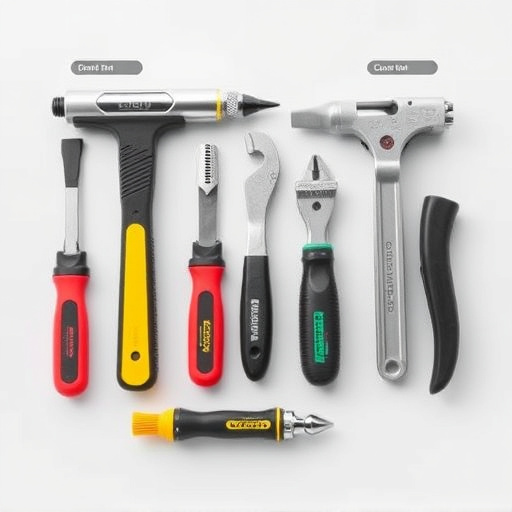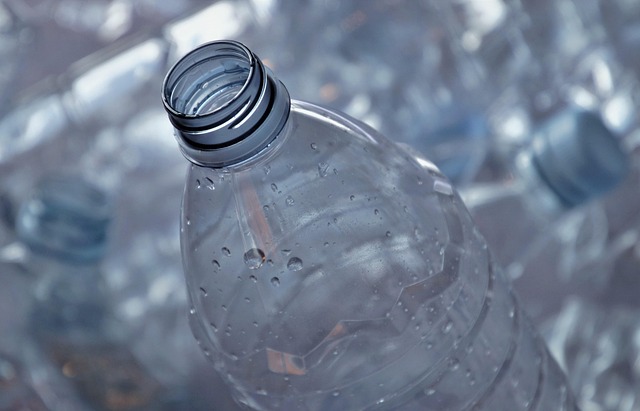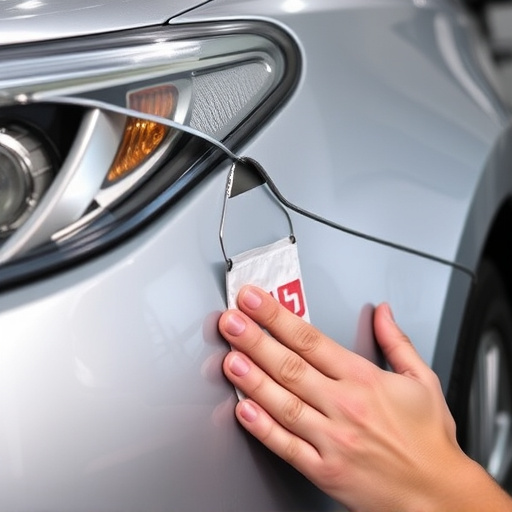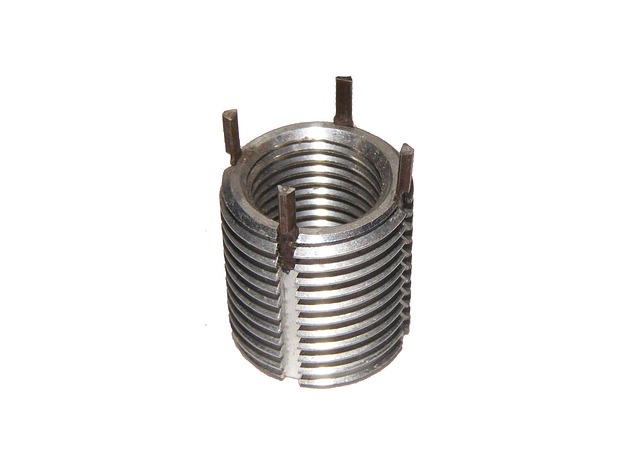Repair quality measurements are crucial tools for insurance companies to accurately assess vehicle damage repairs, ensuring proposed work meets industry standards. These measurements safeguard against fraudulent claims, promote high-quality workmanship, and facilitate efficient claim settlements. By employing robust assessment tools, objective appraisals, and adherence to best practices, insurers can build trust with policyholders and combat fraud. This standardized approach streamlines claims settlement procedures, enhancing satisfaction for all parties involved in automotive incidents.
In the intricate landscape of insurance assessments, repair quality measurements (RQM) stand as pivotal tools, shaping approval decisions with precision. This article delves into the multifaceted role of RQM, elucidating their definition and profound importance in insurance processes. We explore best practices for implementation, ensuring accurate evaluations, and analyze their significant impact on underwriting strategies. By understanding RQM, insurers can navigate complex claims, fostering trust and transparency in their approval mechanisms.
- Understanding Repair Quality Measurements: Definition and Importance in Insurance
- Implementing Repair Quality Measurements: Best Practices for Accurate Assessments
- Impact of Repair Quality Measurements on Insurance Approval Decisions
Understanding Repair Quality Measurements: Definition and Importance in Insurance

Repair quality measurements are essential tools for insurance companies to assess and approve vehicle damage repairs, particularly in cases of automotive collision repair or car body restoration. These measurements go beyond simple visual inspections, employing precise techniques to quantify the extent of damage and the quality of proposed repairs. By defining the scope of work accurately, they ensure that every aspect of a vehicle’s structure and functionality is considered during the repair process.
In the realm of vehicle collision repair, these metrics play a pivotal role in safeguarding against fraudulent claims and promoting high-quality workmanship. They enable insurance adjusters to make informed decisions, matching repairs with industry standards and original manufacturer specifications. This meticulous approach not only facilitates efficient claim settlements but also contributes to fostering trust between insurers, policyholders, and repair shops, ultimately enhancing the overall customer experience in the event of automotive incidents.
Implementing Repair Quality Measurements: Best Practices for Accurate Assessments

Implementing repair quality measurements is a strategic step towards ensuring accurate insurance approvals and efficient claims processing. The integration of comprehensive assessment tools allows insurers to objectively evaluate the scope and quality of repairs, fostering trust among policyholders and reducing fraud. By adopting best practices for these measurements, such as using industry-standard guidelines and calibrated equipment, insurers can streamline their evaluation processes.
This approach enables consistent comparisons across repair facilities, promoting transparency and fairness. Moreover, focusing on crucial aspects like car paint services, auto detailing, and car bodywork repairs enhances the accuracy of assessments. Regular training sessions for assessors, staying updated with the latest repair techniques, and utilizing digital tools for documentation further contribute to reliable and efficient insurance approvals.
Impact of Repair Quality Measurements on Insurance Approval Decisions

The impact of repair quality measurements on insurance approval decisions cannot be overstated. These measurements serve as a critical factor in determining the extent and cost of repairs, which directly influences the final insurance payout. Insurers rely on accurate and comprehensive assessments to ensure fair compensation for policyholders while mitigating fraud and abuse. By assessing the quality of work at collision repair centers, including auto body work and tire services, insurers can approve or deny claims based on objective evidence.
Reputable repair quality measurements provide a standardized approach, allowing insurers to compare different estimates and make informed decisions. This process not only streamlines the claims settlement procedure but also promotes transparency between insurance providers, repair facilities, and policyholders. Ultimately, high-quality repairs ensure that vehicles are restored to their pre-accident condition, enhancing safety and satisfaction for all parties involved.
Repair quality measurements play a pivotal role in insurance approvals, ensuring that claims are assessed accurately and fairly. By implementing best practices for these measurements, insurers can streamline their approval processes, reduce fraud, and enhance customer satisfaction. Understanding the impact of repair quality assessments is essential in navigating the evolving landscape of insurance claim management, ultimately fostering trust and transparency between insurers and policyholders.














